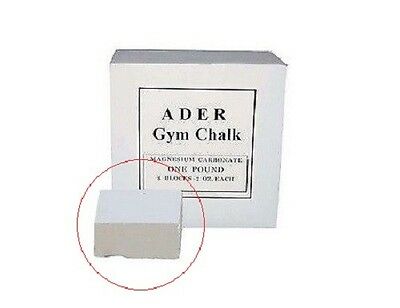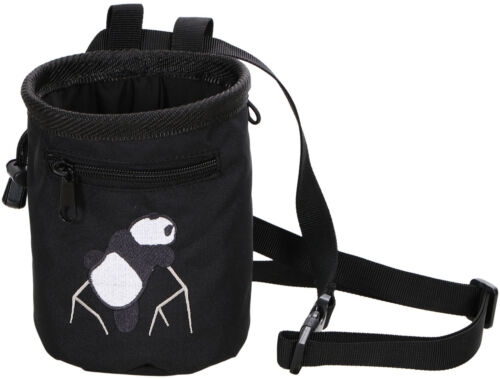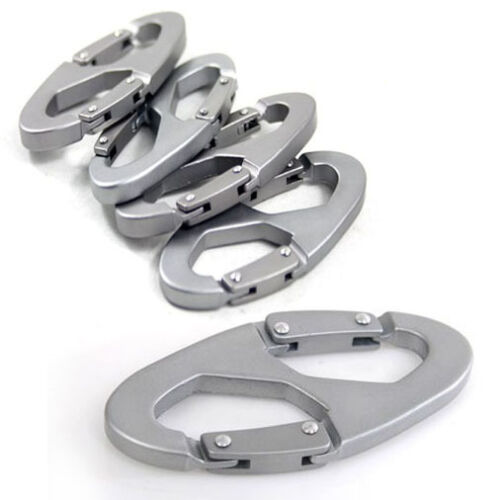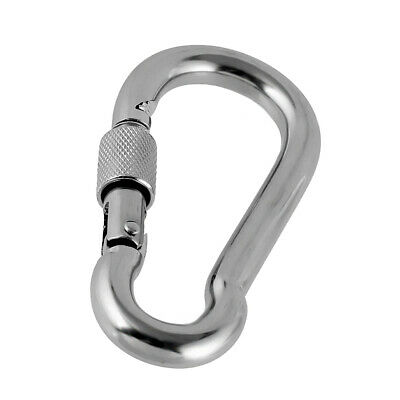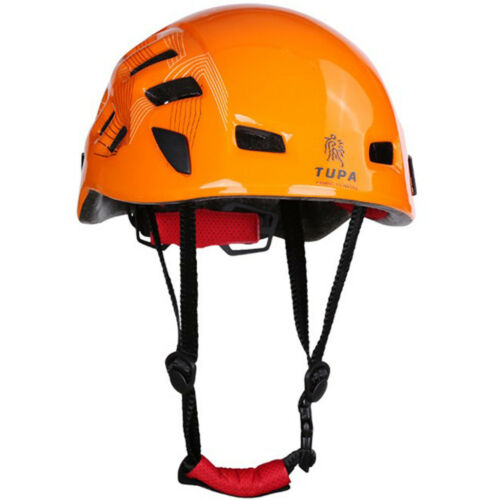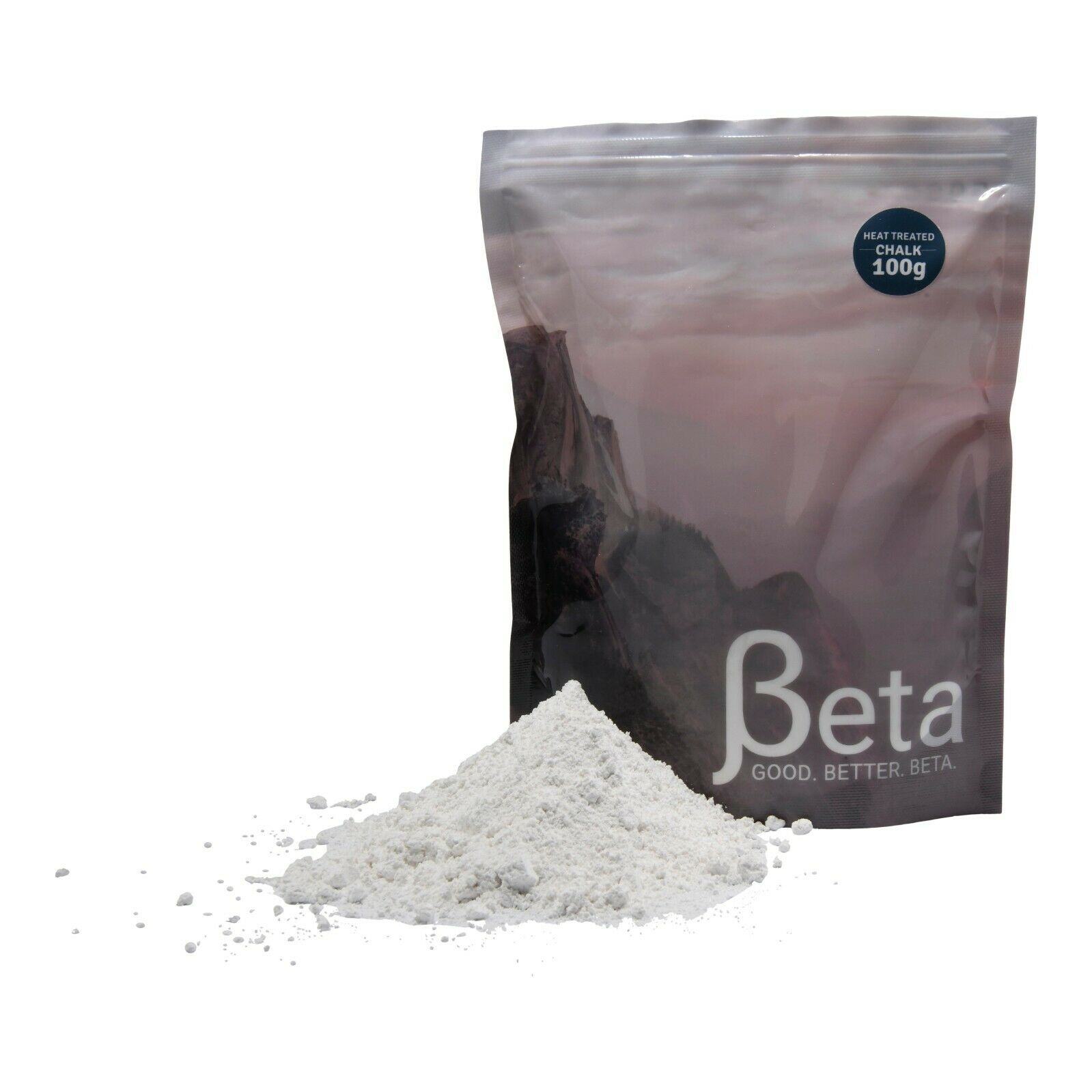-40%
TO PHOTOGRAPH DARKNESS - Fascinating Caving Book - History of Photography
$ 15.81
- Description
- Size Guide
Description
TO PHOTOGRAPH DARKNESSVery Informative Caving Book
History of Underground Photography
Hardback
First Edition
Condition: NEW*
A fascinating and highly readable account....
the only book of its kind!
So much original content in text and pictures, you shouldn't fail to become absorbed. Great value for any caver's library.
160 engravings, line drawings and photographs, many of which have never been published before
.
This book traces the history of underground photography, and the techniques used, from the first pictures taken in the catacombs beneath Paris to the pyramids of Egypt, from American caves to Cornish tin mines, and underground locations throughout the world.
by Chris Howes
The opening chapters are concerned with the earliest experiments to record images without the aid of the sun in the 1860s. Innovative photographers have since used limelight, Bengal fire, arc lights, and even magnesium mixed with gunpowder to make the first crude flashpowder as well as specially designed electronic flashguns and powder burners giving a searing 2m flame. The story is continued to underwater and cine photography and the techniques used in cave photography today.
To Photograph Darkness
is a fascinating and highly readable account of the use of artificial light and the difficulties the first underground photographers had to overcome - explosions, the boredom of models who would wander away half-way through a long exposure, falling rocks, fumes and dampness, and the superstitions and disbelief with which their results were often confronted. Ten years in the writing, it is the only book of its kind and is based on primary sources of information throughout. The extensive use of quotations retains the immediacy of the challenge that both amateur and professional cameramen had to overcome.
The book is illustrated with 160 engravings, line drawings and photographs, many of which have never been published before. If your interest is the underground world of caves and mines, or the development of artificial light and photographic history,
To Photograph Darkness
contains something of relevance and interest for you. Fully referenced and indexed, it can also be used to identify and track down rare photographs and photographers worldwide. This volume is bound to become a major source for research and the authoritative book on the subject.
Chris Howes has been involved with underground photography since 1968, when he first photographed a cave during a school field course. Since then he has developed his own techniques for recording the unique world to be found below ground, and in 1981 was awarded a Fellowship of the Royal Photographic Society for his cave photography.
He has written widely on the subject in the photographic press, and won awards in competitions both in Britain and abroad. In 1987 he was expedition photographer for the prestigious Andros Project to explore the flooded Blue Hole caves of the Bahamas.
Later that year his book Cave Photography, a practical guide to taking underground pictures, was published. In 1988 he became editor of the caver’s magazine, Descent.
In addition, the last decade has been filled with researching To Photograph Darkness, a fascinating quest which has taken him across the world in search of photographs and primary sources of information until the subject has become a way of life.
Contents include:
Let There Be Light
Magnesium: The Start of an Era
Mammoth Cave
Subterranean Light
Explosive Powders
Beneath the Deserts of France
Hand-Hewn Rock
The Gentlemen Cavers
Lighting the Bat Cave
Moving Pictures
Post-War Underground
A Chronology of Important Dates
Glossary
Dating Cave Photographs
UK ISBN 0 86299 649 X
10 x 7 inches, 330 pages
* Condition is "New" as of 1989, unsold, unread - but now with some VERY slight curvature of the covers from standing unmoved in storage many years. To me, its too little to care about, but if it bothers you, it is perhaps easily fixed by putting it flat with a heavy load of books on top for a while. A light manual flexing very easily straightens the curve if that helps indicate how slight it is. The dust jacket is in excellent condition.


